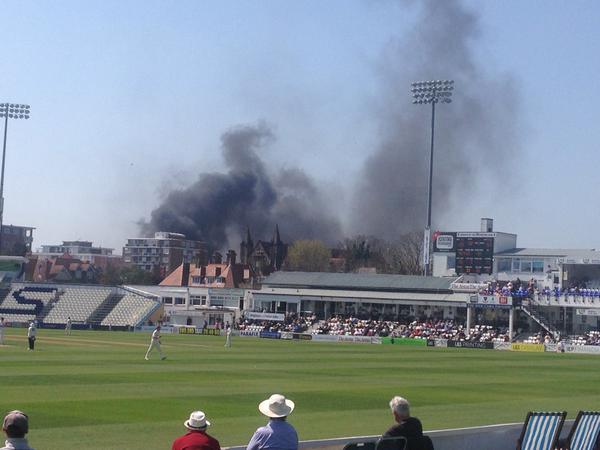One of my Facebook friends started posting this stuff, now it's in the back of my mind.
image.jpg
image.jpg
image.jpg
This one is about 25 miles south of me. Article claims that the system was up and running for five years and then all of a sudden it caught on fire. Was using old technology DC on the roof, now they don't use that technology anymore they only use micro inverters which is AC all the way to the panel which is safer. WHAT??
http://news10.com/2015/05/08/faulty-...ice-in-latham/
image.jpg
image.jpg
image.jpg
This one is about 25 miles south of me. Article claims that the system was up and running for five years and then all of a sudden it caught on fire. Was using old technology DC on the roof, now they don't use that technology anymore they only use micro inverters which is AC all the way to the panel which is safer. WHAT??
http://news10.com/2015/05/08/faulty-...ice-in-latham/



Comment